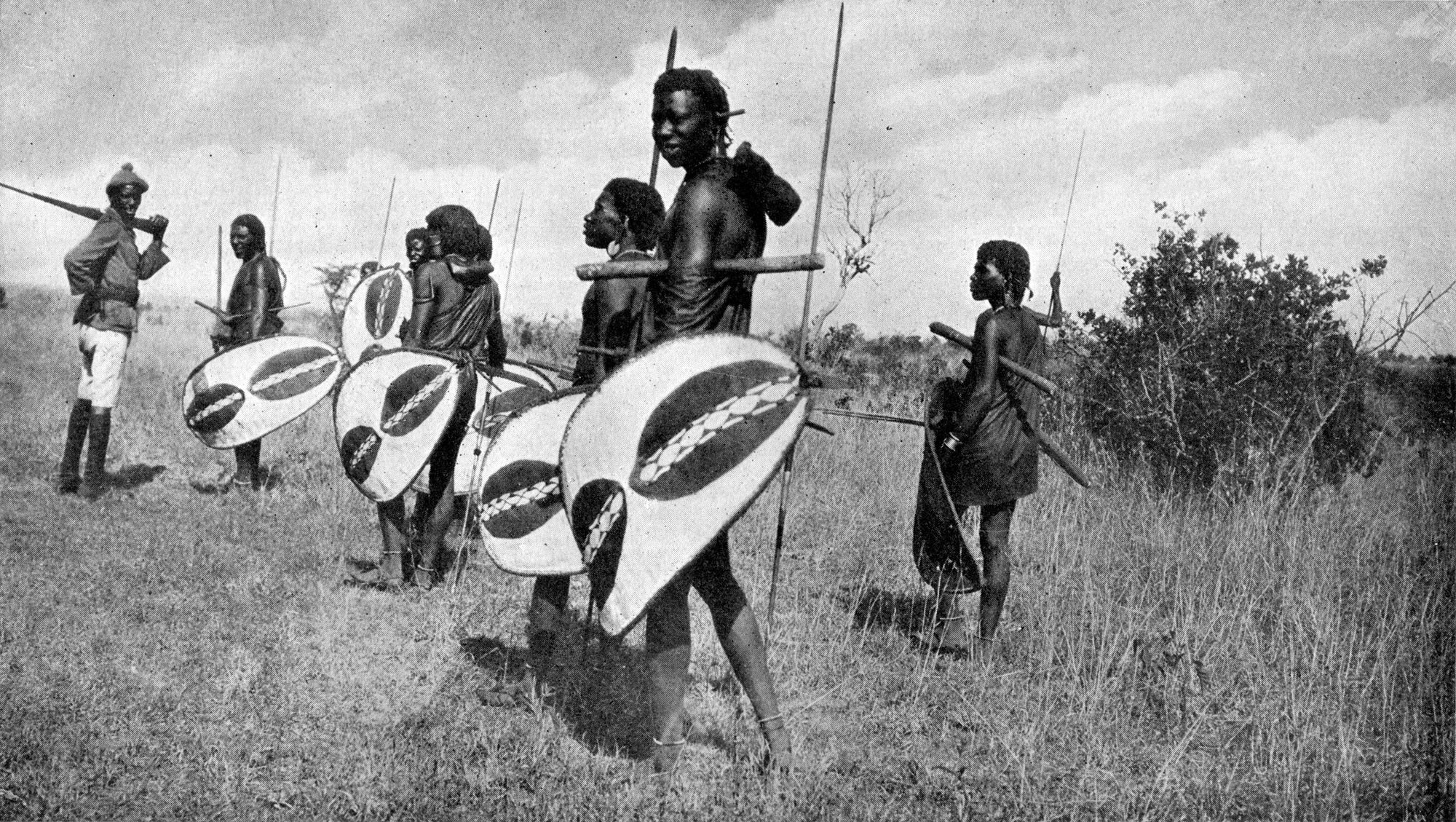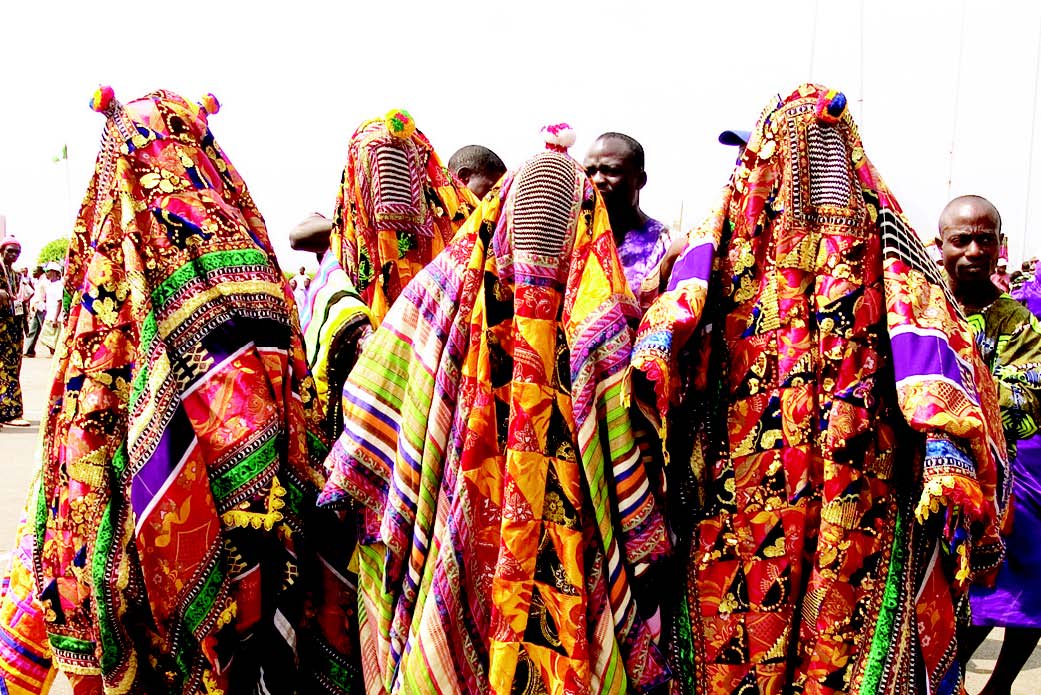The custom of paying bride price is widely practiced in Africa and although the amounts and definitions vary based on the area, the practice is essentially the same. Bride price is the payment the family of the groom makes to their future in-laws, at the start of marriage. The payment can either be in the form of money, presents or both. It is often paid in one go, but instalments are not uncommon either.
For most African families, bride price is seen as a token of appreciation from the groom’s family to the bride’s family. Also commonly known as “lobola” (in some areas in southern Africa), the payment of lobola is also viewed as a sign of the man’s commitment to take care of his wife and as a very critical part of upholding one’s culture, rather than just a mere purchase as it is sometimes argued.
The bride price has different names in different areas. For instance, in Shona communities in Zimbabwe it is referred to as “roora.” Although the original tradition is to give cattle, it has to date been replaced with cash – the amount of which is often subject to negotiation. In some African cultures, paying bride price is seen as a way of thanking or conveying appreciation to the bride’s family for bringing her up, in no way alluding to the bride being “purchased” like a rare commodity.
The exact cost or value of bride price varies across Africa. In southern Botswana for instance, the standard price is eight cows or forty thousand pula in cash, which is about 3,100 USD. In northern Botswana however, it is a minimum of ten cows. The figure is often lower if the bride had children out of wedlock, particularly if they are not the groom to-be’s children. Whereas it will be higher if the groom to-be has a child with his prospective bride outside of marriage, this is seen as a fee for “disrespecting” the family/ “damaging” the bride to-be.
Dingaan, a businessman from Zimbabwe, says he took a second job to pay for his bride price – “I will just say that the amount is roughly the equivalent of the average mortgage deposit in United Kingdom!” However, despite how hefty the sum of the money he paid was, he believes paying the bride price was beneficial as without it, he would not have been able to approach his wife’s family. This essentially supports the view that paying the bride price unites the two families culturally, formally introduces and secures his position in the family.
In Niger, there is an official maximum rate for a bride price of 50,000 West African Francs (about $83/£54) but many pay much more than this. The price is often agreed between families, but it is seen as a symbolic act. The Kenyan constitution on the other hand, outlaws the obligation to pay bride price, but it is widely accepted that it is paid. Pastoral communities insist that it is paid in cattle, although some families in the communities also accept cash. The cattle payment practice has been cited as the main cause of cattle riling in the country.
According to Ama Bugari, a Ghanaian woman who was married in 2019, “I do not view Bride price as me being paid for. Kwezi cannot afford me. I see it as my fiancé and his side of the family appreciating a treasure that is coming into their family,” she confidently explained.
In 2015, the supreme court in Uganda ruled that bride price should be optional, but if a couple gets divorced, claiming for a refund would be considered illegal. Be that as it may, support for bride price continues in Uganda – it is seen as a way to cement relations between communities.
It goes without saying that bride price is a critical traditional African custom, one that will not be lost anytime soon. This is mostly because of the community building aspect to it. More than anything, its importance is cemented by the fact that through it, new relationship bonds are formed and solidified.









